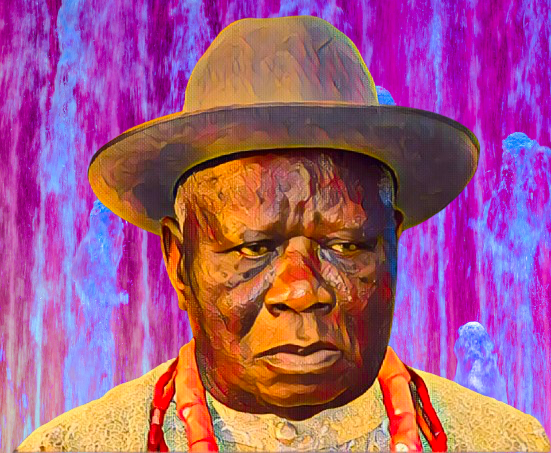KEY POINTS
• Niger Delta leaders express concerns over the ministry’s renaming.
• The government assures the region that the NDDC remains intact.
• Activists warn that merging ministries may weaken focus on regional needs.
The Nigerian government has sparked mixed reactions following the renaming of the Ministry of Niger Delta Development to the Ministry of Regional Development.
As reported in a recent report by Vanguard News, Federal officials clarified that the Niger Delta Development Commission (NDDC) remains operational, and the ministry’s responsibilities have been expanded to encompass other regional commissions.
Despite these reassurances, Niger Delta leaders and activists have expressed concerns about the implications of the change.
Abubakar Momoh, the new Minister of Regional Development, emphasized that the renaming does not diminish the significance of the Niger Delta.
He explained that the restructuring aims to streamline oversight of regional agencies, assuring the Niger Delta community that their interests will continue to be addressed.
Niger Delta leaders criticize the decision
Prominent leaders from the Niger Delta region, including Elder Statesman Chief Edwin Clark, have voiced their dissatisfaction with the decision.
Clark accused the federal government of trying to divert resources from the South-South region to fund other development commissions, a move he deems unacceptable.
Clark further argued that the late President Umaru Musa Yar’Adua established the Niger Delta Ministry to address the specific developmental challenges and ensure peace in the region.
He stated that there is no justification for renaming the ministry, as the issues the ministry was created to resolve remain unresolved.
Regional activists and experts weigh in
Other regional leaders and activists, such as former Ijaw Youth Council President Barr Eric Omare, have expressed concerns that merging the ministry with others will dilute the specific focus needed for the Niger Delta’s unique challenges.
Activist Barr Kennedy Ota added that the creation of the ministry had been an interventionist move, necessary to address the social and political issues tied to the region’s oil and gas industry.
While some, like Elder Joseph Ambakederimo, see the move as overdue and in line with streamlining government ministries, many remain skeptical about its long-term impact on the Niger Delta’s development.



